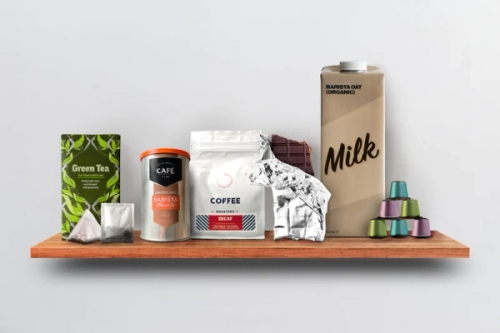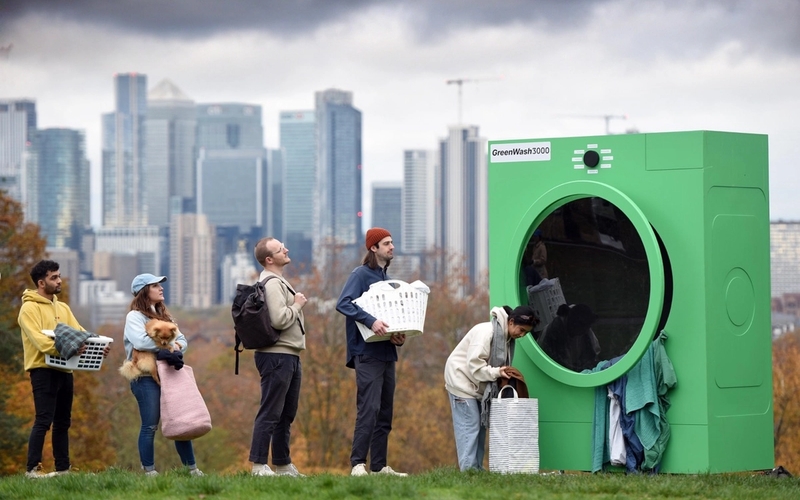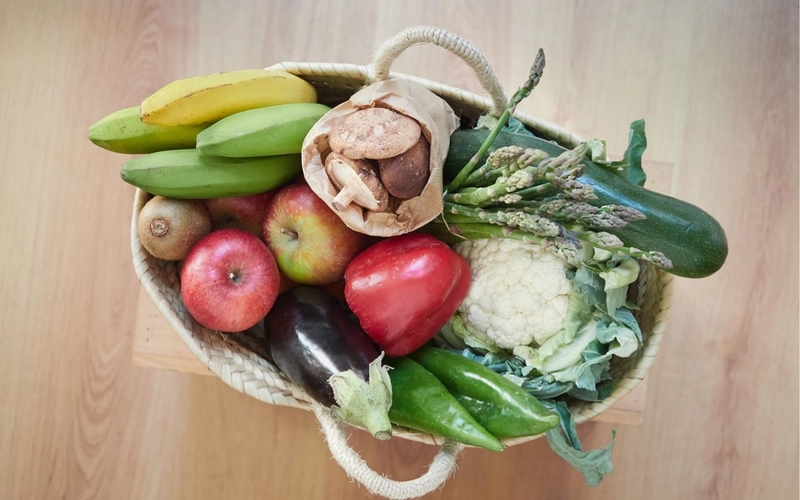Meet the Canopey Impact Calculator
Everything we buy has an impact.
So we're giving you the power to see it.




Our industry-leading Canopey Calculator is accurate down to the gram, using academic data to provide you with powerful impact stats to track your impact over time. Here’s how it works, and the incredible impact the Canopey community has already made.
How the Canopey calculator works
See the carbon emissions, plastic and water you can save by buying better.
See your impact compared to the mainstream alternatives
Track your positive impact and watch it add up over time


Powerful impact stats, at your fingertips
The Canopey Calculator looks at the exact materials products are made from, gram-for-gram
We use trusted academic data to build up a clear picture of a product’s impact
We measure a huge variety of different products, and can add new metrics over time

Community Impact
The Canopey Calculator makes it easy to track your shopping impact by showing how products stack up against the mainstream options. Check out the incredible savings the Canopey community has made so far and sign up for an account to start seeing your positive changes today! 🌱

miles driven
CO2 saved

barbies
Plastic saved

bathtubs
Water saved

football pitches
Trees planted

What this impact adds up to...


6099 of miles driven
Carbon emissions equivalent


13409 barbies
Worth of plastic


3365 bathtubs of water
Worth of water


20.19
Football pitches
What we measure

Carbon
Once emitted, carbon dioxide gets caught up in our atmosphere and prevents heat from escaping, leading to global warming and wreaking havoc on ecosystems across the planet. While CO2 isn’t the only greenhouse gas causing damage to our climate, it’s one of the most prevalent and therefore is often used to measure the effects of climate change in the long term.

Plastic
Plastic is certainly not fantastic. It takes hundreds of years to break down and has so far caused untold damage to wildlife and natural ecosystems. It’s also made from fossil fuels, so using plastics ends up funding an industry which is creating huge harm to our planet. Even when plastic does break down it creates microplastics – tiny particles that are very difficult to get rid of.

Water
Water is a vital resource used by most living creatures, so we must protect and preserve it. Some materials, especially crops like cotton, use up vast quantities of water, and some manufacturing processes can lead to water pollution. Making efficient use of our water is therefore vital if we’re to foster sustainable development, encourage less wasteful farming practices and shore up our planet’s ecosystems.
Dig into the details
Swaps to make an impact
Blog
View all














